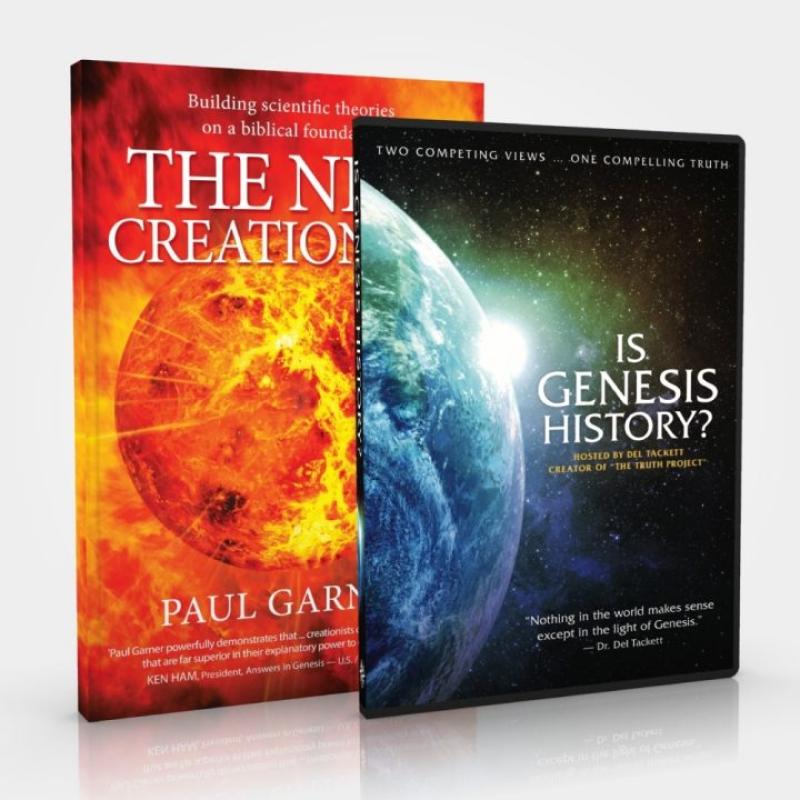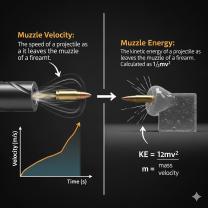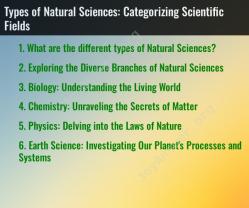What is the most compelling evidence for creationism?
Creationism is a belief system that posits a supernatural creator or divine force as the explanation for the origin and diversity of life on Earth. While creationists present various arguments in support of their perspective, it's important to note that the scientific community widely accepts the theory of evolution as the best-supported explanation for the diversity of life. Evolution is grounded in a vast body of empirical evidence from multiple scientific disciplines.
That being said, some creationists may find certain arguments or points more compelling. Here are a few arguments that are occasionally put forward by proponents of creationism:
Irreducible Complexity:
- Claim: Irreducible complexity argues that certain biological structures are too complex to have evolved through gradual, step-by-step processes.
- Critique: The concept of irreducible complexity has faced criticism within the scientific community. Many structures initially thought to be irreducibly complex have been shown to have plausible evolutionary pathways.
Fine-Tuning of the Universe:
- Claim: Some creationists point to the apparent fine-tuning of the universe, arguing that the conditions necessary for life are so precise that they suggest purposeful design.
- Critique: The fine-tuning argument is a topic of philosophical and scientific debate. Some scientists argue that the apparent fine-tuning can be explained through natural processes and does not necessarily imply a designer.
Complexity of Life:
- Claim: Creationists may argue that the complexity and diversity of life are too intricate to have arisen through natural processes alone.
- Critique: Evolutionary processes, such as natural selection and genetic variation, provide a scientifically robust explanation for the development of complex and diverse life forms over time.
Information in DNA:
- Claim: Some creationists assert that the information content in DNA is so sophisticated that it implies an intelligent designer.
- Critique: While DNA is complex, evolutionary processes, including mutation and natural selection, can account for the diversity and complexity observed in genetic information.
Philosophical and Theological Arguments:
- Claim: Creationism is often rooted in philosophical and theological beliefs, emphasizing the role of a divine creator.
- Critique: Science operates in the realm of empirical evidence and testable hypotheses, while creationism is often based on faith and philosophical convictions.
It's crucial to understand that these arguments are not universally accepted within the scientific community, and the vast majority of scientists consider evolution to be the most supported scientific explanation for the diversity of life. Scientific theories are based on empirical evidence, are subject to testing, and can make predictions. Creationism, as a belief system, operates outside the scientific method and is not considered a scientific theory.
For those interested in exploring the scientific perspective on the origins of life, the theory of evolution provides a comprehensive framework that is supported by extensive evidence from fields such as paleontology, genetics, and comparative anatomy.
What are some of the prominent pieces of evidence often cited in support of creationism?
Creationists often cite a number of arguments in support of their beliefs, but these arguments typically fall into one of two main categories:
1. Arguments from design:
These arguments suggest that the complexity and order of the universe and living organisms are evidence of a purposeful designer. For example, creationists often point to the intricate structure of cells, the finely tuned laws of physics, or the existence of human consciousness as evidence of a creator.
2. Arguments from gaps in the evolutionary record:
These arguments suggest that the fossil record and other evidence do not support the gradual process of evolution proposed by evolutionary biologists. Creationists often point to "missing links" in the fossil record, the sudden appearance of complex organisms in the geological record, or the existence of irreducible complexity (the idea that some biological systems are so complex that they could not have evolved through a series of small, incremental changes) as evidence against evolution.
Example Arguments:
The Irreducible Complexity of the Cell: Creationists argue that the intricate structure of cells, with their many interdependent components, could not have arisen through a gradual evolutionary process. They contend that the cell's complexity is evidence of a purposeful design.
The Fine-Tuning of the Universe: Creationists argue that the fundamental laws of physics and the constants of nature are so precisely tuned that they seem to be deliberately designed to support life. They believe that this fine-tuning is evidence of a creator.
The Cambrian Explosion: The Cambrian Explosion refers to a period in the Earth's history when many complex animal forms suddenly appeared in the fossil record. Creationists argue that this sudden appearance of complex life is evidence against gradual evolution.
The Origin of Life: Creationists argue that the origin of life from non-living matter is a complex and mysterious process that cannot be explained by scientific naturalism. They believe that the origin of life is evidence of a creator.
Scientific Rebuttals:
Scientists have extensively addressed these arguments and provided counterarguments based on scientific evidence.
Irreducible Complexity: Scientists argue that irreducible complexity is not a valid argument against evolution. They explain that natural selection can operate on existing structures, gradually modifying them over time.
Fine-Tuning: Scientists argue that the fine-tuning of the universe is a consequence of the fact that we exist to observe it. They explain that if the laws of physics were different, we would not exist to observe them.
Cambrian Explosion: Scientists argue that the sudden appearance of complex life in the Cambrian Explosion is not evidence against gradual evolution. They explain that the fossil record is incomplete and that many transitions occurred before the Cambrian Explosion.
Origin of Life: Scientists argue that the origin of life is not a supernatural event but rather a natural process that is still being studied. They have made significant progress in understanding the chemical and physical conditions that would have been necessary for the origin of life.
In conclusion, while creationists offer a number of arguments in support of their beliefs, these arguments have all been extensively addressed by scientists. Scientific evidence consistently supports the theory of evolution, and there is no scientific basis for creationism.











